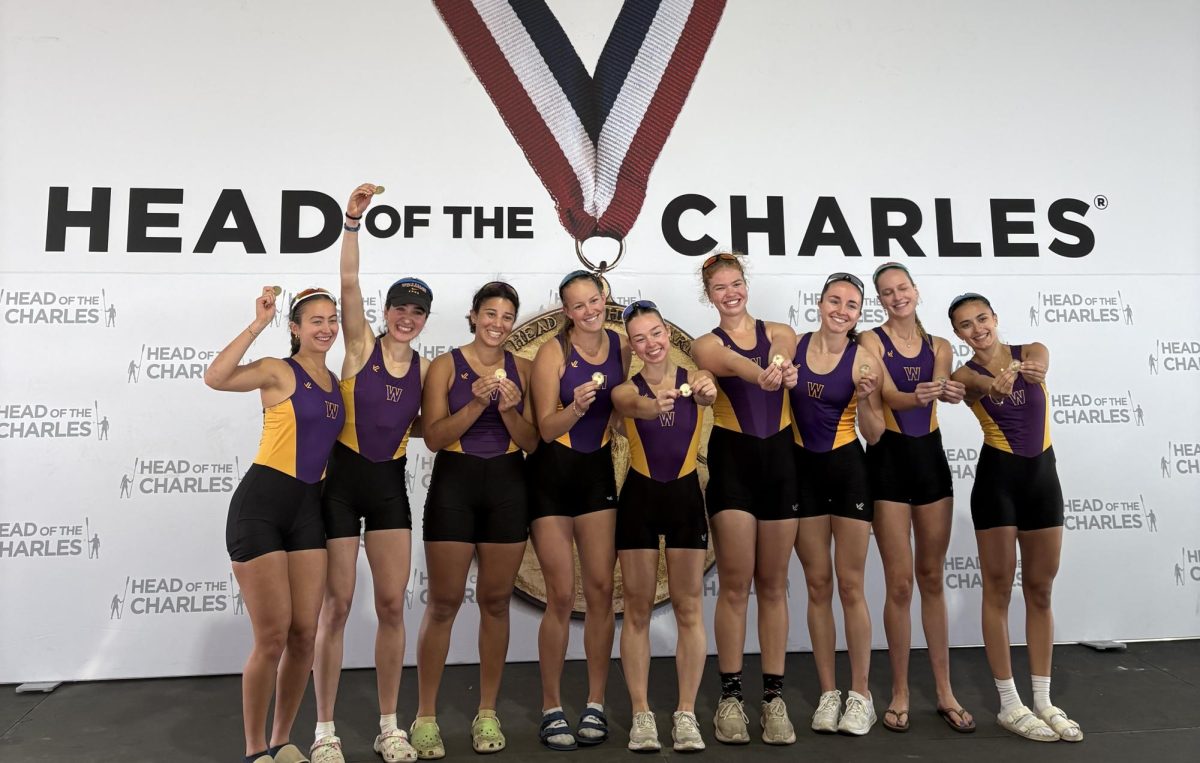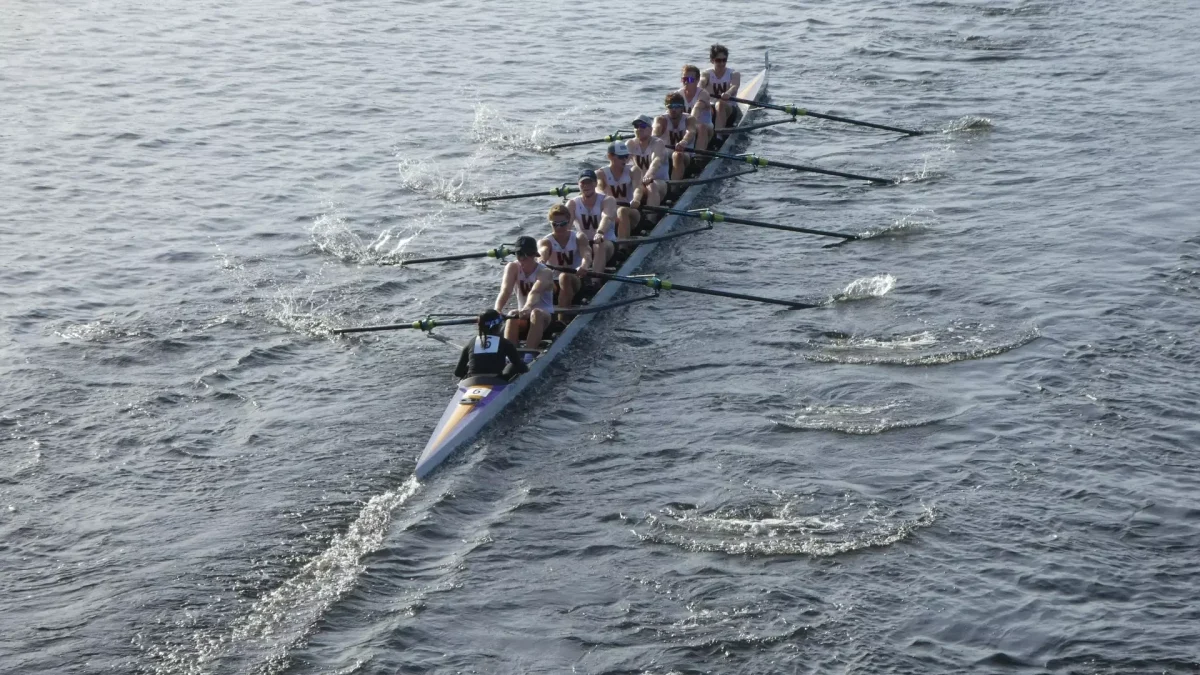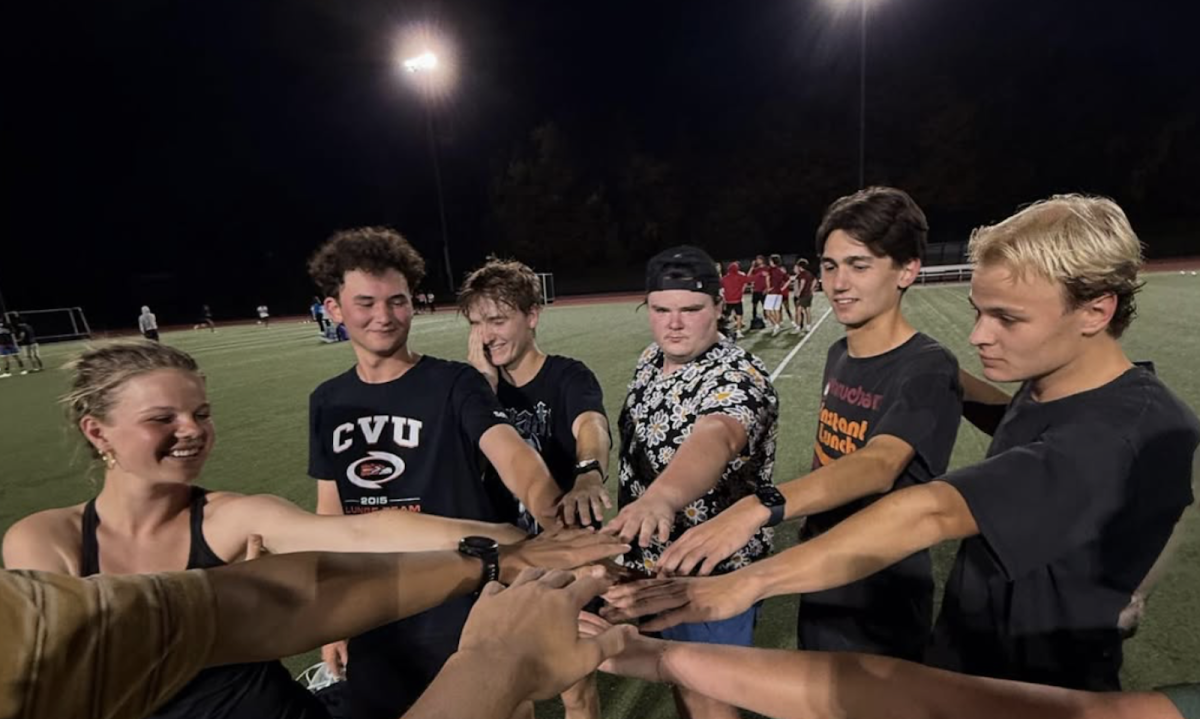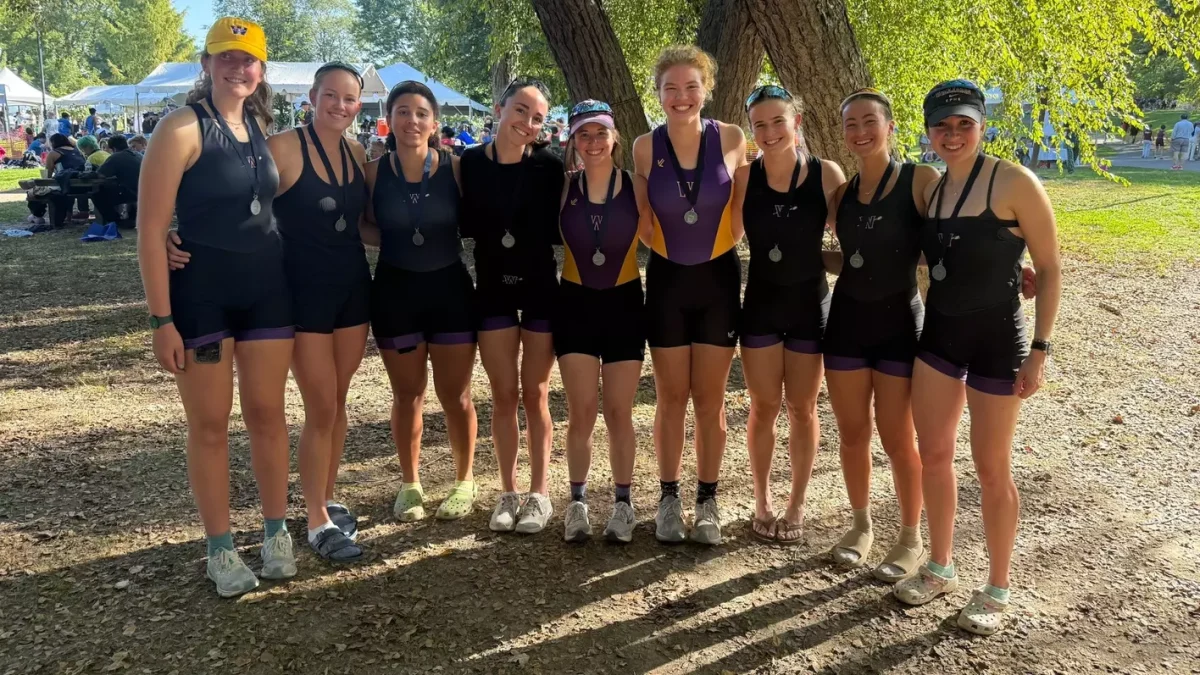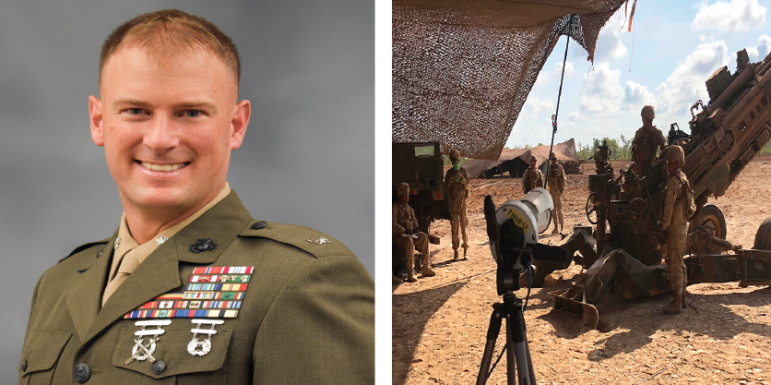
Lt. Col. Warren Cook ’98 began his 20-year long career as an infantry Marine in Chapin Library, where he first took the Oath of Enlistment in front of the College’s copy of the Declaration of Independence. Although Cook has served across the country and the world in the two decades since, his work remains closely tied to his time on the College’s football team. Cook, now a national security fellow at the Hoover Institution at Stanford, has led the campaign to incorporate film technology, a tool that has long been used in athletic coaching, in Marine training.
Cook, a history major who completed officer training during the summer while in school, was a defensive end and long snapper on the College’s football team. This is during the time that Renzie Lamb, a Marine himself, served as the special teams coach. During the off season, Cook ski raced and competed on the men’s JV basketball team.
His experience in athletics on campus was one reason he decided to enlist after graduation, Cook explained. “I liked teams, working with cocky, selfless young people who want to fight,” he said. “I liked the challenge, and the meaningful purpose. [The Marine Corps] offered me all of those things.”
In 1999, Cook moved to Campeleton, California after enlisting as an infantry officer. He planned to serve for four years, and then move to Europe to pursue international business. Two years in, however, 9/11 occurred and Cook served in two invasions in Afghanistan and Iraq. In his career as an infantry Marine, Cook has worked in a variety of command and support roles within the Corps. He served as an aide to the commanding general of the First Marine Expeditionary Brigade and Naval Task Force 58 in operations against the Taliban in Afghanistan.
After returning to the United States, he took a post in Marine recruiting and later worked in the Pentagon as a junior aide to the commandant of the Marine Corps. Cook also commanded Marine recruiters in southern California and worked as a desk officer in the Strategic Planning and Policy Directorate of US Indo-Pacific Command. After earning an MA in national security studies from the College of Naval Command and Staff, Cook moved back to southern California and stepped into the role of commander of the Second Battalion, Fourth Marines in 2017, an infantry battalion in the First Division.
After coming to the battalion in 2017, Cook worked directly in Marine training, allowing him to assess its effectiveness and propose possible improvements. “Nobody wants to go to war,” he explained. “Whether deterring potential adversaries or destroying them, our obligation, as leaders of Marines is to put the most lethal team on the field. We go in with that premise, what can we do to increase the lethality of the Corps?”
He soon realized that the Marine training did not incorporate the film technology that has been implemented in other fields, namely athletics. Reviewing film of a practice drill or game-time performance has long been used as a coaching tool in collegiate and professional sports, but was never used in Marine training. “It is already proven to be effective in athletics,” he said. “Film is an almost omnipresent tool in coaching, but it’s not utilized as much as it could, and should, be [in the Marines].”
To Cook, film had the potential to revolutionize the training process, as it allows trainees to evaluate their performance and recognize areas of improvement. Traditionally, Marine trainees have not had this opportunity, making them completely reliant on verbal feedback. “Show, tell, do is generally how we teach,” Cook said. “But after the person does what they do, they don’t get to see how they did. Instead, typically, they get a verbal critique. Yet, seeing themselves on film can increase the number of cognitive reps. Reps equate to confidence and confidence breeds lethality.”
During his time with the Second Battalion, Cook built “close relationships” with the Los Angeles Rams and the University of Southern California Trojans, two nearby football teams, which helped him to integrate film technology into the Corps. In turn, Cook and other Marines shared their own best practices with the teams. “We got a lot out of it and I think they did as well,” he said.
From the collaboration, the Marines launched a pilot program to test out film technology in their training scenarios, before implementing it broadly. The program allowed them to trouble-shoot any problems, such as the lack of equipment available that is durable enough to withstand the conditions Marines act in. It is also difficult, Cook explained, to scale the program to the 28,000 Marines in the Corps. “We validated that the analog of football is not as clean as one would think,” he said. “Each infantry unit is not equipped with the video equipment that they need. It’s more nuanced and complex, with the logistics.”
The pilot program is currently under review to determine if it film will be implemented broadly across the Marine Corps. Cook, as the Hoover Institution’s National security affairs fellow for the 2019-20 academic year, continues to study how best practices in professional sports can be parlayed into military operations and training.
The need to incorporate new technology into Marine training is more pressing than ever, Cook explained, as other countries invest into expanding and perfecting their own militaries. “We are in an environment right now where we face potential adversaries who have the same – or in some cases, better – technology as America,” he said. “That was not the case during the Cold War. Thus, film is more important now than in the past—and so is every single opportunity to increase lethality. Film won’t win the war; but any advantage matters in this environment. We need to be thoughtful and aggressive in our work to gain every competitive advantage on the battlefield.”
While the comparison to football isn’t perfect, Cook continues to find parallels between the two throughout his career. “Infantry warfare is a physical and a mental business, as is football,” he said. “You need to study your opponent, the same way an athletic team needs to study theirs. Obviously, the stakes of warfare are much higher – Marines sign a blank check with their lives to pay for America’s freedom. In athletics, death is not in the offing.”



